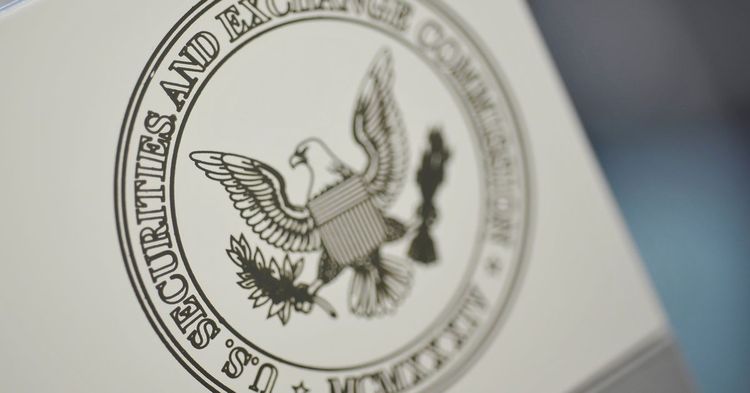Ripple notches landmark win in SEC case over XRP cryptocurrency

July 13 (Reuters) - Ripple Labs Inc did not violate federal securities law by selling its XRP token on public exchanges, a U.S. judge ruled on Thursday, delivering a landmark legal victory for the cryptocurrency industry that sent the value of XRP soaring.
XRP was up 25% after the ruling, according to Refinitiv Eikon data.
But the ruling was also a partial win for the U.S. Securities and Exchange Commission, which has brought scores of cases against crypto developers, although Ripple Labs is by the far the largest to be decided by a judge. U.S. District Judge Analisa Torres ruled that Ripple violated federal securities law by selling the cryptocurrency XRP directly to sophisticated investors.
It was the first time a U.S. judge ruled in favor of a cryptocurrency company to deem certain digital assets sales as falling outside of U.S. securities law.
It is possible for the ruling to be appealed. An attorney for Ripple and a spokesperson for the SEC did not immediately reply to requests for comment on Thursday.
The SEC had accused the company and its current and former chief executives of conducting a $1.3 billion unregistered securities offering by selling XRP, which Ripple's founders created in 2012.
Torres, who is based in New York, on Thursday said the company's $728.9 million of XRP sales to hedge funds and other sophisticated buyers amounted to unregistered sales of securities.
But Torres ruled that Ripple's XRP sales on public cryptocurrency exchanges were not offers of securities under the law, because purchasers did not have a reasonable expectation of profit tied to Ripple's efforts.
Those sales were "blind bid/ask transactions," she said, in which the buyers "could not have known if their payments of money went to Ripple, or any other seller of XRP."
XRP sales on cryptocurrency platforms by Ripple CEO Brad Garlinghouse and co-founder and former CEO Chris Larsen, and other distributions including compensation to employees also did not involve securities, Torres ruled.
However, Torres said a jury must decide whether or not Garlinghouse and Larsen aided the company's violation of law.
Garlinghouse celebrated the ruling in a post on Twitter.
"Thankful to everyone who helped us get to today's decision – one that is for all crypto innovation in the US," he wrote.
An attorney for Larsen did not immediately reply to a request for comment.
Gary DeWaal, an attorney at Katten Muchin Rosenman, said the ruling is likely to be helpful to Coinbase (COIN.O), the largest U.S. crypto exchange, which is fighting its own SEC case.
The market reaction indicates the ruling is a "tremendous event for the industry," he said.
The ruling also renewed calls for Congress to pass legislation clarifying the status of digital assets.
House of Representatives Majority Whip Tom Emmer, a Republican, in a post on Twitter said the ruling established that "a token is separate and distinct from an investment contract it may or may not be part of."
"Now, let’s make it law," he said.
Reporting by Tom Hals in Wilmington, Delaware; Editing by Chizu Nomiyama, Conor Humphries and Leslie Adler
Our Standards: The Thomson Reuters Trust Principles.
Jody Godoy reports on banking and securities law. Reach her at [email protected]


























































